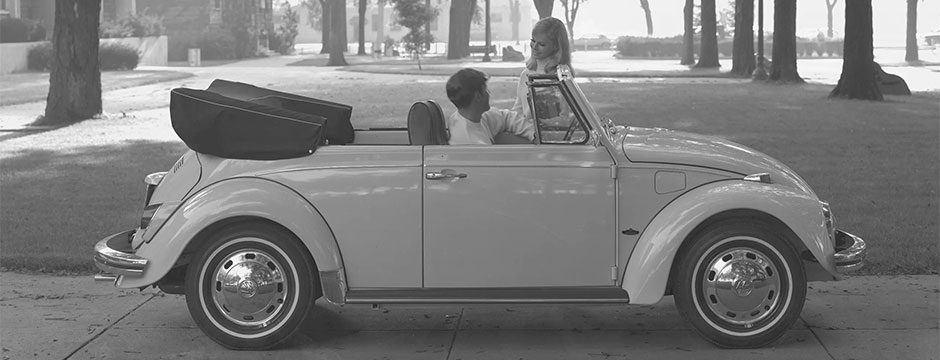
The name “Volkswagen” translates to “People’s car” in German, reflecting the company's origins and mission. Volkswagen is renowned for its user-friendly and accessible lineup, which includes everything from sporty sedans to stylish SUVs.
Volkswagen’s Origins
Founded in 1937 by the German government, Volkswagen aimed to mass-produce affordable cars for the German public, hence the name “people’s car.” Shortly after its establishment, a production facility was set up in Lower Saxony to begin large-scale vehicle production. However, these plans were interrupted by the onset of WWII, and the factory was repurposed to produce military equipment for the German army.
WWII Complications
The Volkswagen factory's role in producing military equipment soon made it a target for Allied bombers, who destroyed the facility during the war. Under British supervision, the factory was rebuilt and resumed operations nearly ten years later. By 1946, Volkswagen was once again producing cars and supplying them to the German public, with control of the company transitioning to the West German government.
Volkswagen Expands Its Reach
Throughout the 1950s, Volkswagen expanded its vehicle lineup and entered new markets. Notable models included the Transporter van, launched in 1950, and the Karmann Ghia coupe, introduced in 1955. That same year, Volkswagen entered the U.S. market. Initially met with skepticism due to its German origins and distinctive small, rounded vehicles, Volkswagen gained popularity with the help of an American advertising agency. The Beetle, in particular, became a beloved model and the most popular imported car in the U.S.
Although Volkswagen no longer produces the Beetle, the company continues to innovate and produce sought-after vehicles. Contact us today to learn more about Volkswagen and its current lineup.